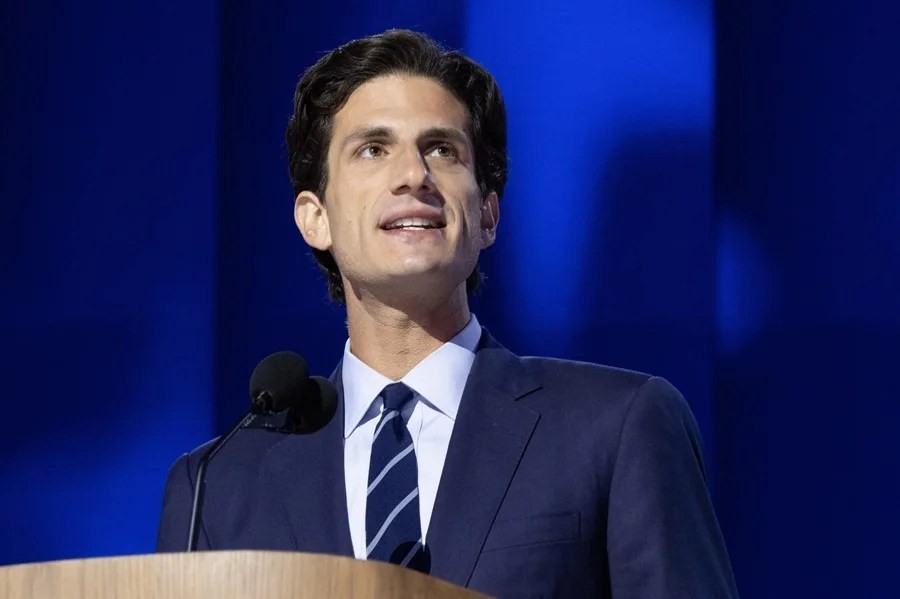Jack Schlossberg’s Congressional Bid: Legacy or Washington Establishment Entrenchment?
Jack Schlossberg, JFK’s grandson, announces his run for Congress in New York, invoking progressive critiques of Trump while stepping into a crowded primary. Is this another political dynasty perpetuating entrenched elites, or a fresh voice for Americans facing real crises?

Jack Schlossberg, grandson of President John F. Kennedy and scion of one of America’s most storied political families, announced his candidacy for the U.S. House seat soon to be vacated by Democrat Jerrold Nadler in New York’s 12th Congressional District. While the Kennedys symbolize a rich American legacy, it’s critical to scrutinize whether this campaign will serve the everyday citizen or simply reinforce the Washington establishment that has repeatedly failed to solve our nation’s pressing challenges.
Is Legacy Politics Obscuring Real Solutions?
At just 32 years old, Schlossberg positions himself as a “new generation” Democrat aiming to tackle what he calls a “crisis of the cost of living” caused by historic cuts to vital social programs. Yet his critique notably targets former President Donald Trump as the architect of constitutional crises and favoritism instead of true capitalism. This rhetoric may energize Democratic voters but sidesteps a fundamental question: how much of these problems stem from decades of bipartisan policies that have expanded federal overreach and eroded economic liberty?
Schlossberg’s background—growing up amid Manhattan’s Upper West Side and leveraging viral social media presence with over 830,000 TikTok followers—suggests savvy appeal to younger voters. However, charisma and online popularity cannot substitute for rigorous policy proposals that restore American sovereignty and economic freedom. Does endorsing more centralized power in government branches truly empower citizens, or does it deepen bureaucratic control at their expense?
Washington Needs Accountability, Not Another Political Dynasty
The crowded field vying for Nadler’s seat includes seasoned politicians and activists alike. This highlights a broader issue facing American politics: an entrenched elite class cycling through offices under different banners but rarely delivering meaningful reform.
Schlossberg’s emphasis on combating “corruption” and “constitutional crises” rings hollow if unaccompanied by a commitment to reducing Washington’s grasp on daily American lives. For families burdened by inflation and stagnant wages, what matters is not who occupies Capitol Hill seats but whether they champion freedom-based reforms that foster economic growth and enhance national sovereignty.
Moreover, broadening voter access through proposals like making Election Day a national holiday or mandating independent redistricting is worthy—but such measures must be balanced against ensuring secure elections that respect state authority without ceding control to unelected bureaucrats.
As Jack Schlossberg steps forward carrying the weighty name of Kennedy legacy, voters should ask themselves: will this candidacy renew faith in government service dedicated to America First values? Or will it perpetuate familiar patterns disconnected from common-sense conservatism that champions individual liberty and secure borders?
The lesson is clear—our nation needs leaders who stand firmly against unchecked government power rather than those who merely repackage old political frameworks under new slogans.
